For years, citizens and some lawmakers have complained that voice votes on bills in Tennessee House legislative committees reduce transparency and, sometimes, are unfair.
In a voice vote, the chair decides if he or she heard more ayes or nays. There is no vote count recorded, and no one really knows who voted how.
Senate committees don’t have this problem where roll call votes are standard for all bill votes.
The House adopted new rules recently that require roll call votes in committees through an electronic roll call system similar to the electronic roll call system used for votes on the House floor. Committee members would not be allowed to change their votes after the votes are displayed.
“All votes constituting final action on any bill or resolution and all votes taken on demand by any three (3) members, or by request of the sponsor if made prior to any vote, shall be taken by the electronic roll call system,” says the recommendation for the new rules from the Select Committee on Rules.
A final action on a bill would be the final vote on the bill.
The recommendations say that if the electronic roll call system is inoperative, the committee can take a voice vote or a traditional verbal roll call vote by calling out members’ names for their votes.
The Calendar & Rules Committee is the only committee that would have the option to use voice votes or use the electronic roll call system.
The new system required required technology upgrades in House committee rooms.
State Rep. Chris Todd (R-Madison County) praised the new electronic roll call votes on the House floor on Thursday. He said that he has heard complaints from constituents ever since he was elected about the lack of a roll call vote in House committees. He said one constituent even offered to pay for any system that allowed roll call votes.
Another new recommended rule adds a penalty to a member who “transgresses the rules” of the House after the member has already lost the ability to be recognized because of other rule transgressions. The member can be removed from the House chambers upon a House majority vote and loses the ability to vote for the next three legislative days. However, the member would be allowed to vote remotely from a room designated by the Chief Clerk.

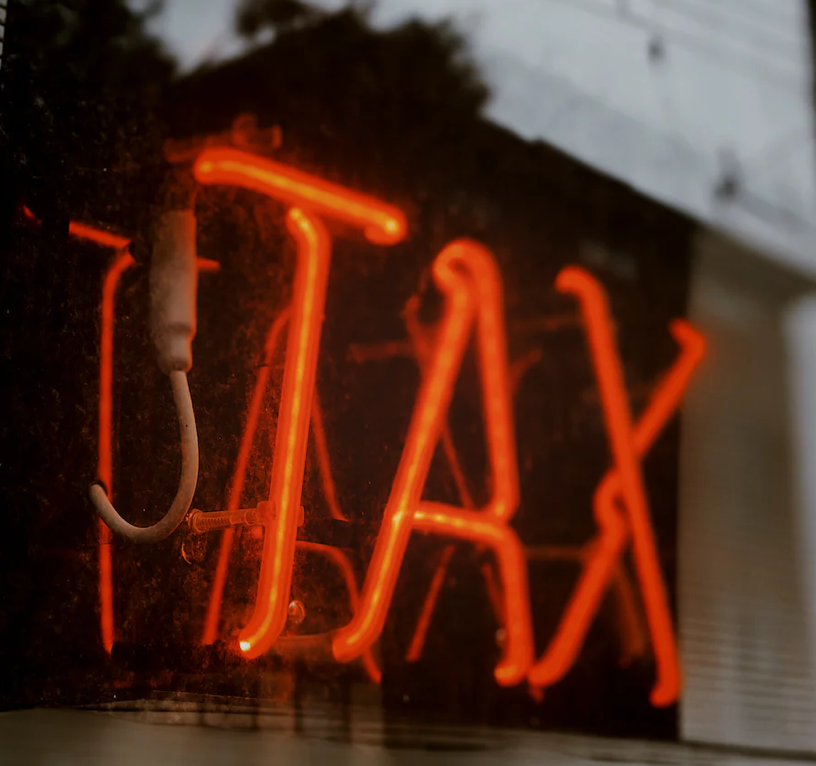
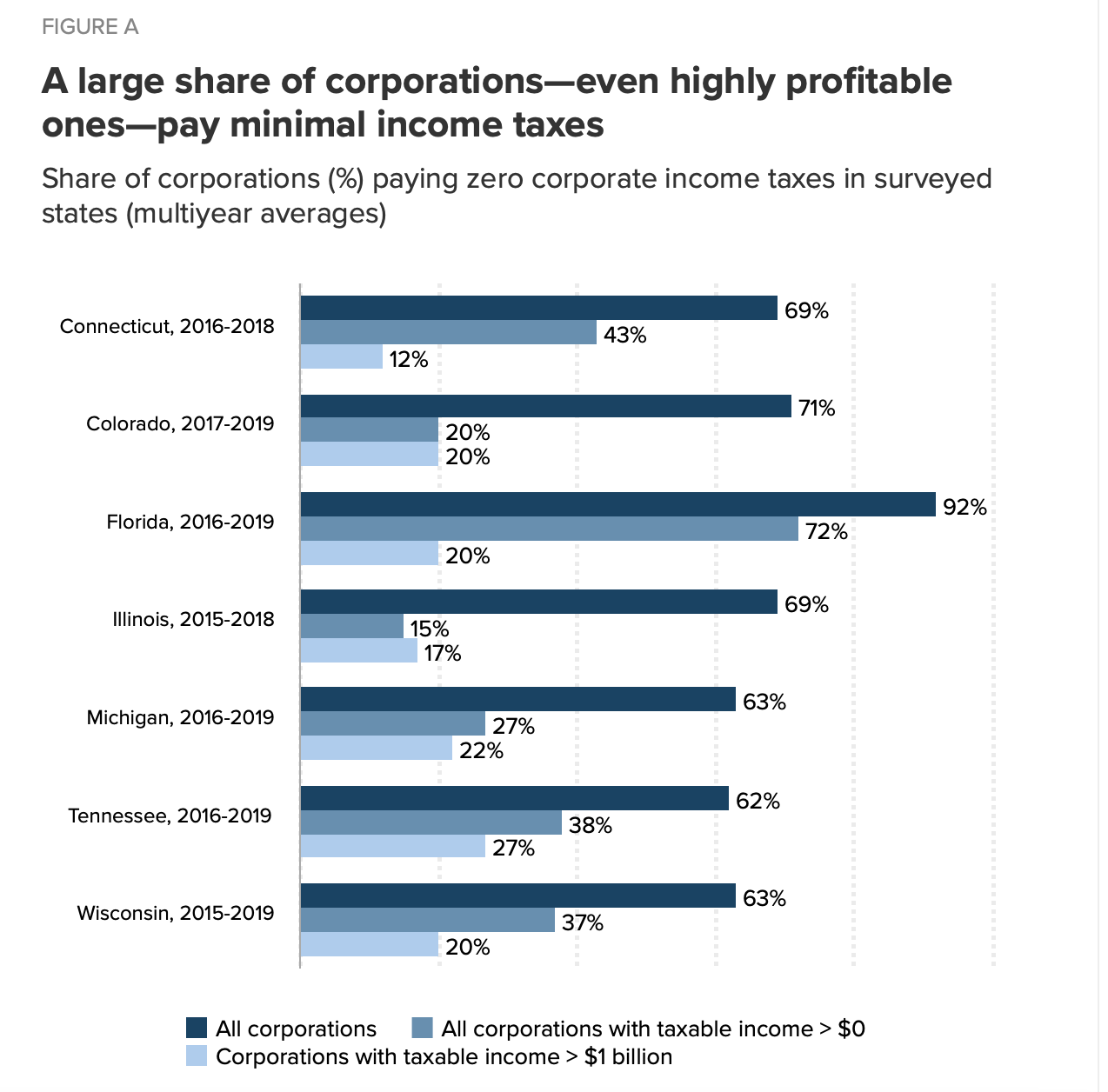
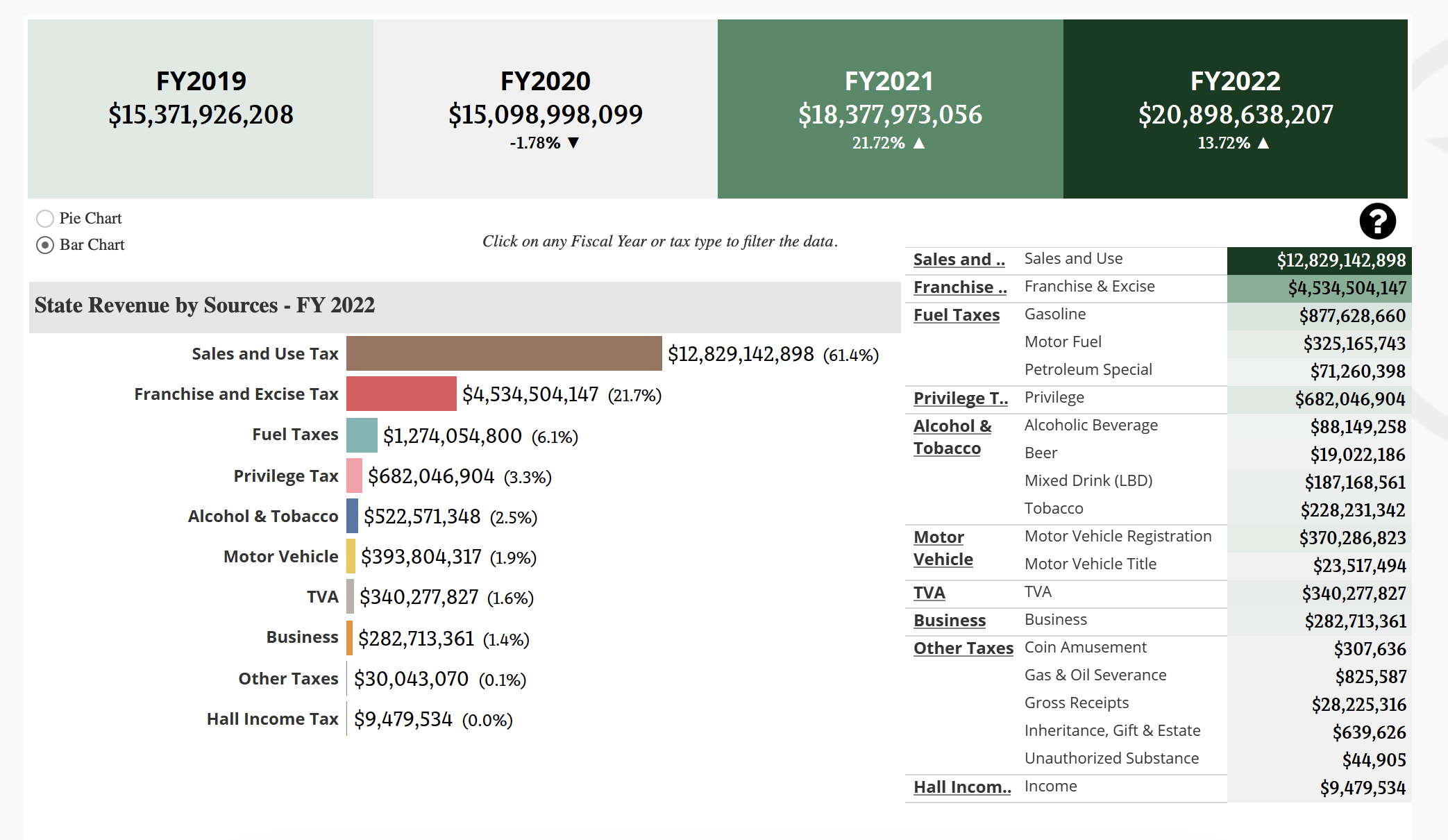
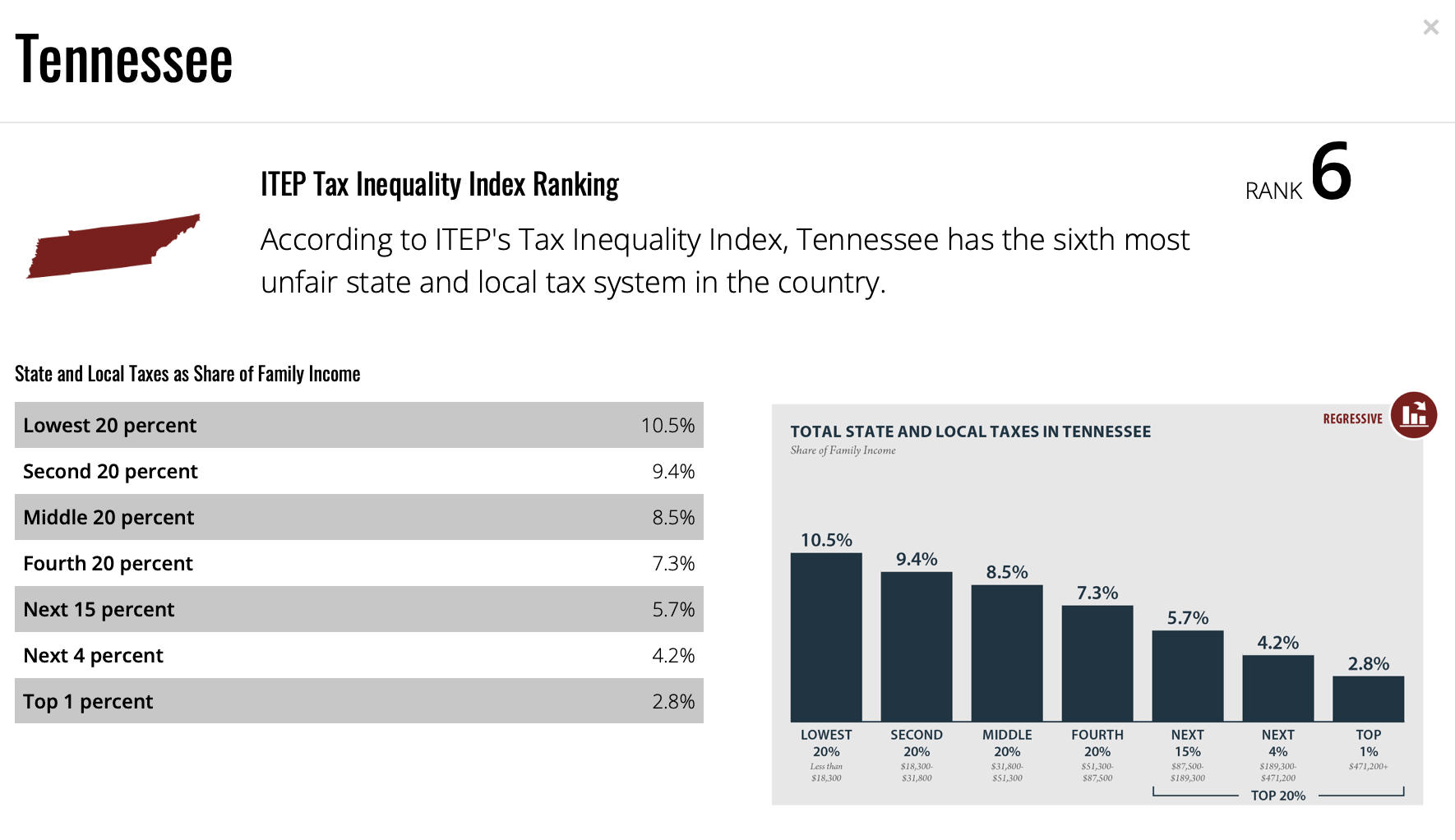

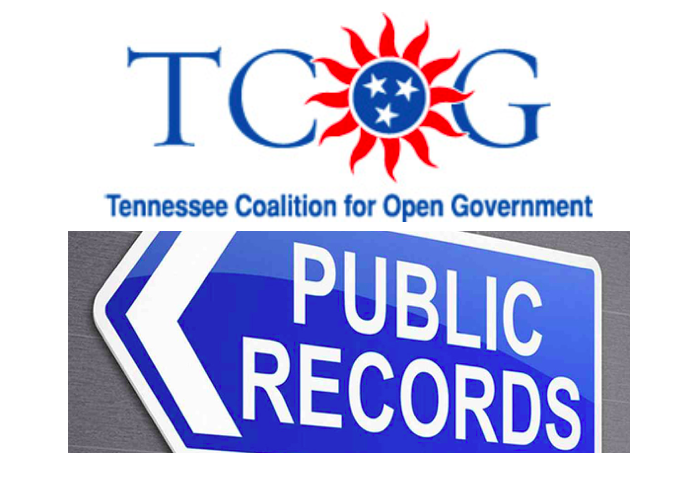
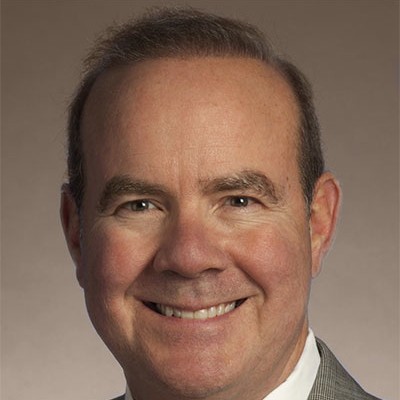 State of Tennessee
State of Tennessee